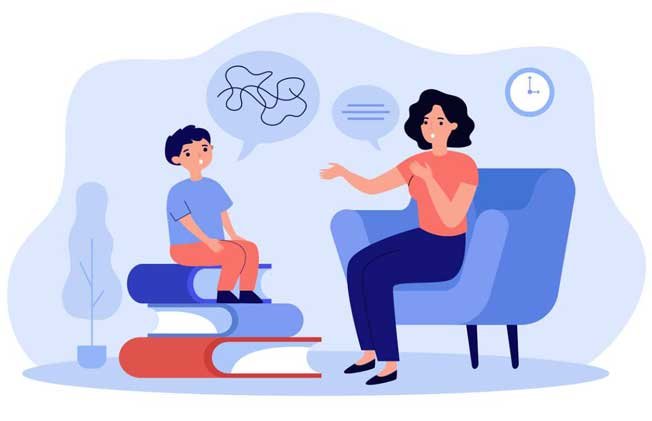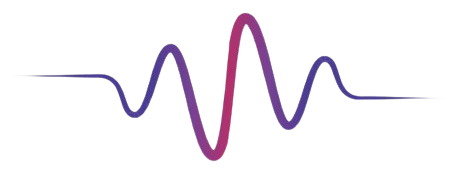Medication Options for Managing Depression
For some individuals, medication plays a vital role in managing depression symptoms. Common options include:
1. Selective Serotonin Reuptake Inhibitors (SSRIs): The most commonly prescribed antidepressants, known for their effectiveness and fewer side effects.
2. Atypical Antidepressants: Medications that work differently from traditional antidepressants and are used when other treatments are ineffective.
3. Serotonin and Norepinephrine Reuptake Inhibitors (SNRIs): A widely prescribed class of antidepressants that help regulate mood and energy levels.
Medication should always be prescribed and monitored by a healthcare provider to ensure the best treatment approach.
Consult Now
Holistic Approaches to Depression Management
In addition to traditional treatments, we offer holistic methods to support emotional well-being for individuals dealing with depression.
Key Strategies in Depression Treatment:
1. Yoga and Meditation: To promote relaxation, mindfulness, and emotional stability.
2. Nutritional Counseling: Exploring how diet influences mood and depressive symptoms.
3. Acupuncture: Supporting neurotransmitter balance, leading to improved emotional well-being.
These holistic approaches can complement therapy and medication, providing a comprehensive path to healing and recovery.
Consult Now









